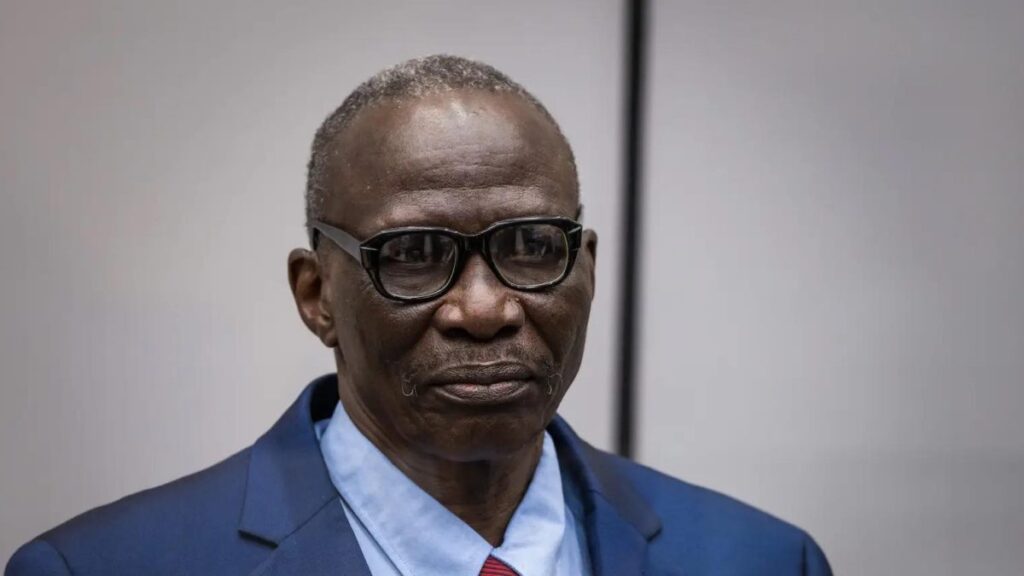International Criminal Court judges have delivered their long-awaited verdict in the trial of Ali Muhammad Ali Abd-Al-Rahman, an alleged former leader of the Janjaweed militia accused of committing brutal atrocities during Sudan’s Darfur conflict over two decades ago. Abd-Al-Rahman, also known as Ali Kushayb, faced 31 charges of war crimes and crimes against humanity, including murder, torture, rape, persecution, and attacks on civilians.
The case marks one of the most significant prosecutions to emerge from the Darfur conflict, which erupted in 2003 when rebels from the region’s ethnic African communities took up arms against the Arab-dominated government in Khartoum. In response, then-President Omar al-Bashir’s administration launched a brutal counter-insurgency campaign, relying heavily on the Janjaweed militias. The government-backed forces carried out a scorched-earth strategy of bombings, mass killings, and systematic sexual violence.
The Darfur conflict resulted in an estimated 300,000 deaths and displaced over 2.7 million people. During Abd-Al-Rahman’s trial, the court heard harrowing testimony from 56 witnesses who described widespread violence and the use of rape as a weapon of war. Witnesses recounted how villages were raided at dawn, with armed men on horses and camels burning homes and killing residents. One survivor recalled Abd-Al-Rahman allegedly urging his fighters to continue attacking, saying, “Repeat, repeat for these people. Maybe there are some that you have missed.”
In his defense, Abd-Al-Rahman denied all accusations, maintaining that he was not a militia leader but an ordinary man uninvolved in the Darfur atrocities. The defense called 17 witnesses to support his claim. If convicted, Abd-Al-Rahman faces a potential life sentence, with sentencing to be determined in a separate hearing.
The verdict comes as Sudan continues to grapple with renewed violence and humanitarian crises. Ongoing clashes between the Sudanese army and the paramilitary Rapid Support Forces (RSF) — which evolved from the Janjaweed — have plunged the nation into deeper turmoil. Since fighting erupted in 2023, at least 40,000 people have been killed, and 12 million displaced. The World Food Program estimates that more than 24 million Sudanese are facing acute food insecurity.
The ICC’s decision is seen as a critical moment for justice in Sudan, offering a measure of accountability for victims of one of the 21st century’s most devastating conflicts. However, challenges remain as other key suspects, including former president Omar al-Bashir, have yet to face trial.

